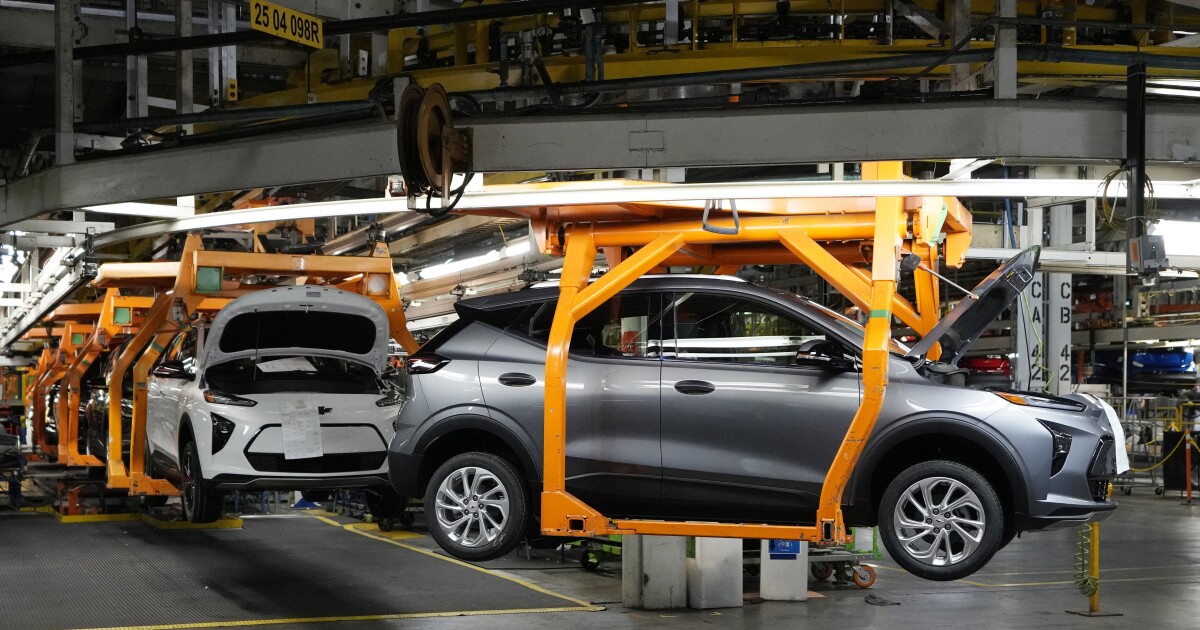

Electric vehicles have not lived up to the hype, according to a new consumer report, which revealed EVs have nearly 80% more problems than cars powered by internal combustion engines.
The report, released last month, also revealed that plug-in hybrid electric vehicles have even more problems than regular EVs, with almost 150% more troubles than gas-powered cars.
BIDEN BUNGLES MAJOR SPENDING ANNOUNCEMENT FOR GREEN PLAN
Here is a look at some of the problems consumers are facing when it comes to EVs:
Battery troubles and charging stations
Electric vehicle owners say one of their biggest problems is with the battery and charging stations, which is different than gas-powered cars. One thing consumers who purchased electric vehicles needed to get used to was finding places to charge their cars, including buying a home port. Because the technology and power system are so new, EV manufacturers are still working out ways to improve those systems.
“This story is really one of growing pains,” said Jake Fisher, senior director of auto testing at Consumer Reports. “It’s a story of just working out the bugs and the kinks of new technology.”
Vehicle body panels and interior parts
Some EV users have complained about the interior and electric parts of their cars. For example, one 2023 Chevrolet Bolt electric SUV owner said he had a problem with his car not being able to shift smoothly into drive. The owner, Michael Coram, told Fortune that he had to turn his car on and off 10-12 times before the problem corrected itself.
Coram said that other owners on a Bolt social media forum suspected that he might have shifted into drive before the SUV’s computer had finished starting up, which overloaded the system. Coram said his dealer would check the car out for him when they have a loaner for him, but he has not experienced a problem since.
The distance an EV can travel before needing to charge
For drivers who are just looking to get around town, an EV’s distance without needing to charge is not bad. But for longer holiday trips or vacations, a gas-powered car is still considered the safer and more reliable choice.
CLICK HERE TO READ MORE FROM THE WASHINGTON EXAMINER
A correspondent for Connecticut Insider noted that his EV in 2021 could not travel more than 260 miles without needing a charge, and the mileage dropped much faster if he needed to heat his car or use air conditioning.
The mileage has increased since then, with the Lucid Air touting more than 500 miles being possible, according to Gear Patrol. The Tesla Model S Plaid can travel up to 396 miles. Other Teslas and the Mercedes-Benz EQS can last in the 350-mile range. Most EVs can travel more than 200 miles on one charge, according to the Environmental Protection Agency, but the distance is still improving.





